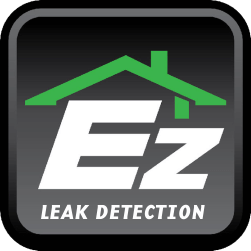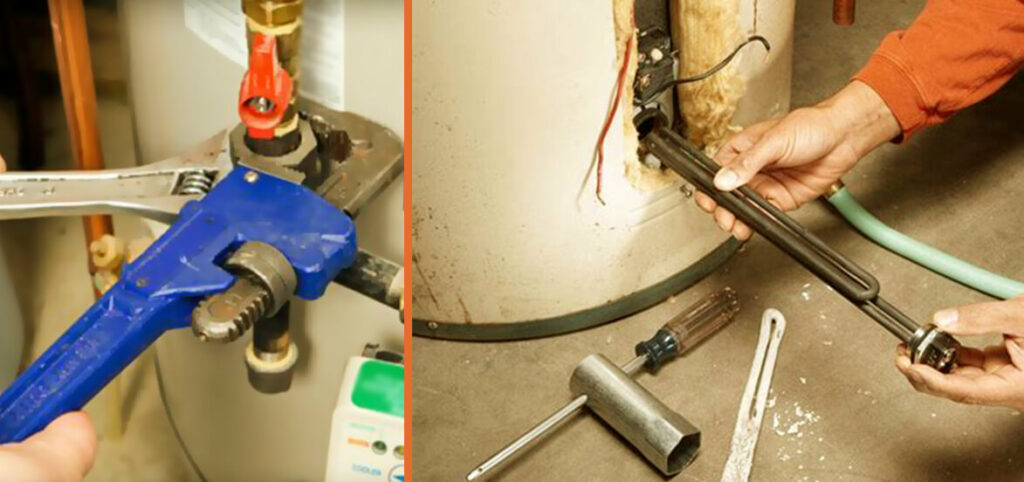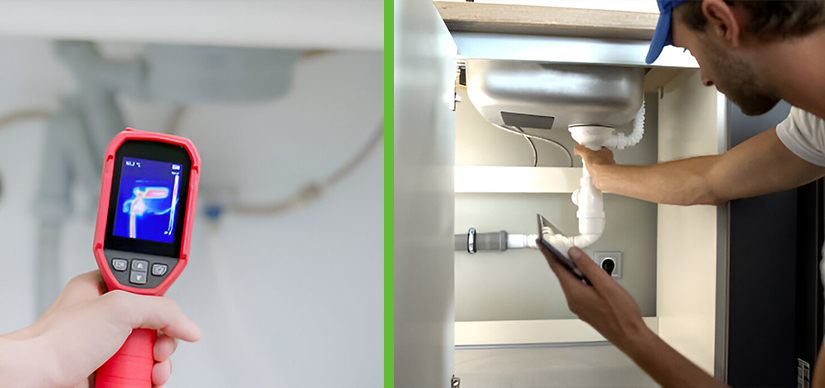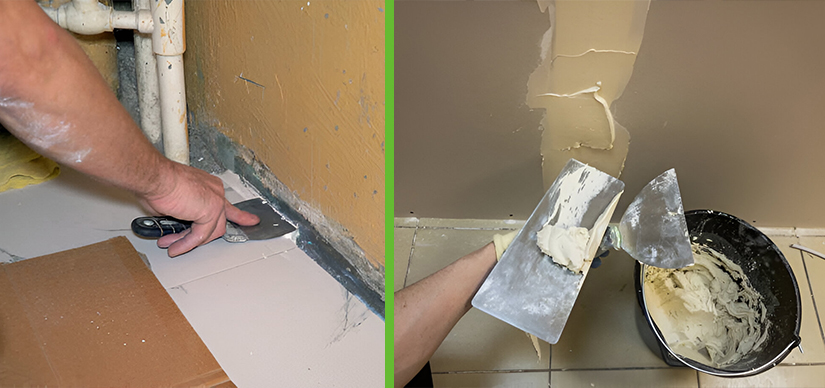Inadequate Water Pressure
Overly high water pressure can cause catastrophic damage to your water heater, appliances, and even the piping system. The simplest technique to detect this issue is to look for any leaks in the hot water system. Change the pressure if there is an overflow. In general, the highest pressure that should be used is 80 psi. If the problem persists, update the system’s pressure relief valve.
When the temperature or pressure in the water heater becomes dangerously high, the TPR valve opens to release pressure buildup, preventing an explosion. Mineral salt, rust, and corrosion can cause a TPR valve to freeze and stop working.
While it is uncommon, a faulty safety relief valve can result in catastrophic harm. According to the International Association of Certified Home Inspectors, if your water heater TPR valve fails, the water in the tank might approach boiling point, explode into steam, and propel the tank through multiple floors like a rocket. This has the potential to result in both personal injury and substantial property damage. So, call professionals for water repair services in San Diego to avoid such damages.


















